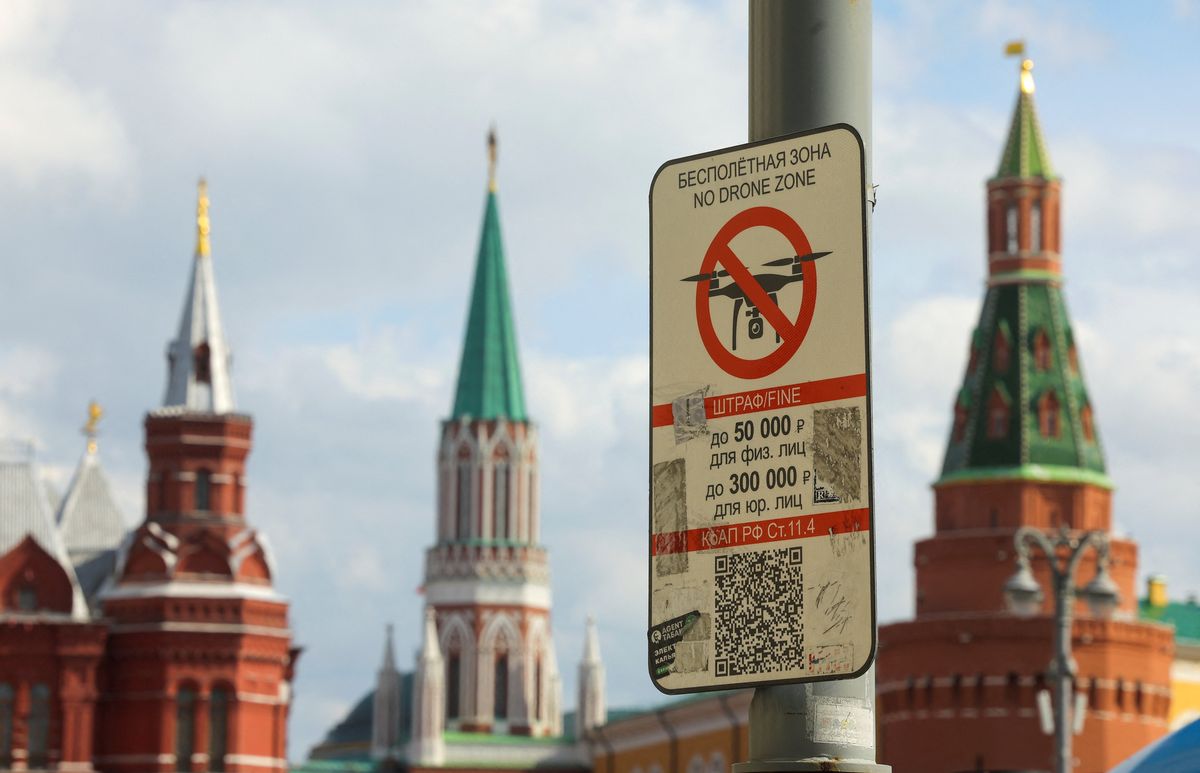According to a CNN report on Monday, unnamed US officials say Ukraine has assembled a network of trained agents inside Russia and is providing them with drones and other weapons to carry out attacks on various Russian targets. These officials say the saboteurs have links to Ukrainian intelligence services, and that President Volodymyr Zelensky has established guidelines for what they can and can’t do, though he doesn’t personally sign off on every operation.
If true, this could explain the assassination last year of the daughter of a prominent Russian nationalist and/or recent drone attacks inside Moscow. If these attacks continue and intensify, they raise several important questions. Might successful sabotage attacks in the heart of Russian cities finally push Putin toward some form of escalation we haven’t yet seen? Would the attacks undermine or strengthen Putin’s hold on power?
Yevgeny Prigozhin, an ambitious man prone to increasingly provocative comments, has now claimed the right for his private army to operate inside Russia without the permission of Russia’s military leaders. He’s limited himself so far to the possible defense of a Russian border area repeatedly raided by Ukrainian irregular forces. But might more successful attacks finally bring rising tensions between Prigozhin and the Russian brass to a head?


















